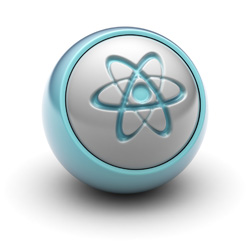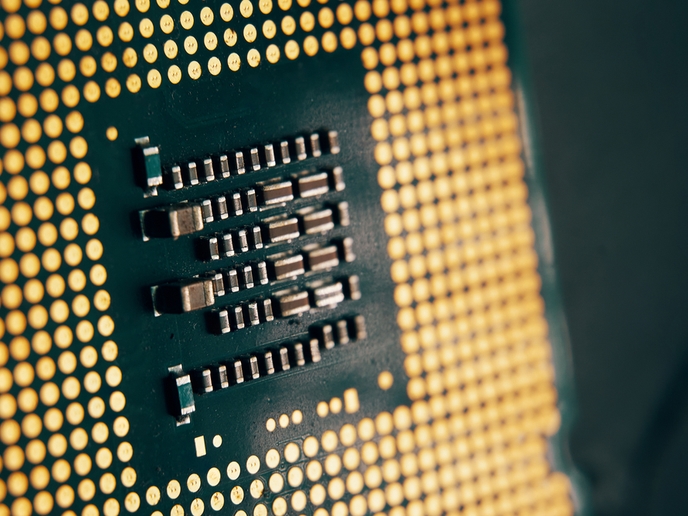Advancing quantum computing
The quest for quantum computers capable of performing tremendously complex calculations extremely quickly based on the exciting properties of quantum particles has faced a major roadblock in the form of ‘decoherence’. Whereas traditional computers rely on traditional ‘bits’ to code information, quantum computers rely on quantum bits, or qubits. Unlike traditional bits that are either 0 or 1, qubits can be both simultaneously via superposition, theoretically enabling truly parallel processing and tremendously increasing computing capability. However, decoherence, or random changes in quantum states as a result of interactions with the environment, makes it difficult to control and exploit qubits. For magnetic molecules, theory predicts three main contributions to decoherence, namely from nuclear spins, from intermolecular dipolar interactions and from phonons. European researchers initiated the ‘Decoherence in magnetic molecules as qubits’ (DECMMQUBIT) project in order to study the above phenomena in spin qubit systems of molecular magnets. The goal was to enhance understanding and minimisation of decoherence to advance the frontiers of quantum computing.As a first step, scientists chose two molecules (polyoxometalates) capable of being synthesised without nuclear spins. Theoretical studies demonstrated that they were quite likely to show single-molecule magnet (SMM) behaviour and thus were excellent candidates for spin qubits. The SMMs were subsequently synthesised and magnetically characterised. The next stage was to prepare pure and magnetically diluted samples with which they demonstrated that application of a transverse magnetic field significantly decreased the contribution of dipolar interactions to decoherence. Finally, coupling constants between phonons (quanta of vibrational energy) and different types of potassium bromide (KBr), cyanide (CN) two level systems were studied, with calculations supporting experimentally measured values. Overall, DECMMQUBIT project researchers carried out experimental and theoretical studies on the three main contributors to decoherence of qubits. Continuation of the project findings should further facilitate understanding of magnetic molecules as quantum objects and help break down the existing barrier to future quantum computer development.







